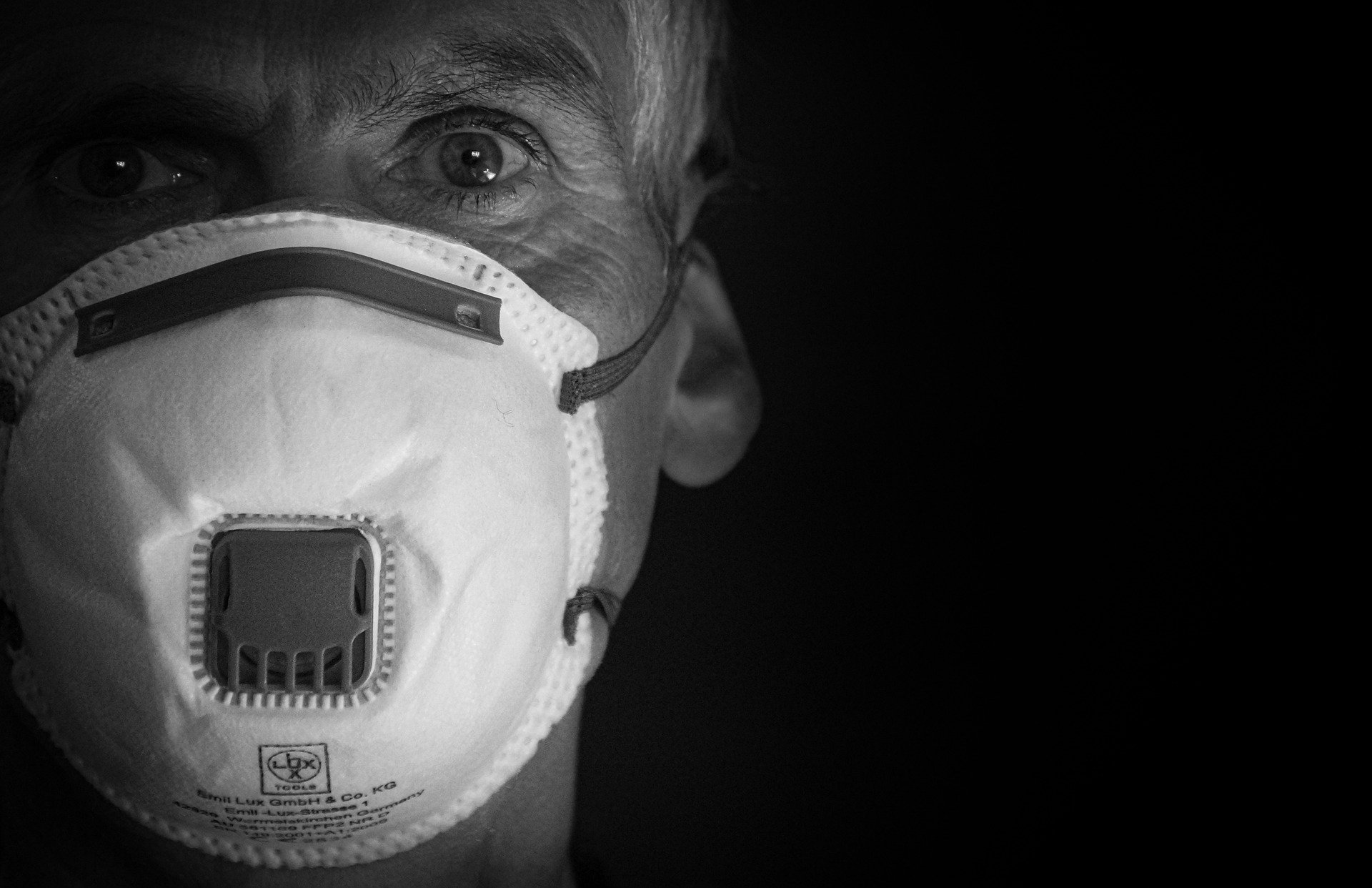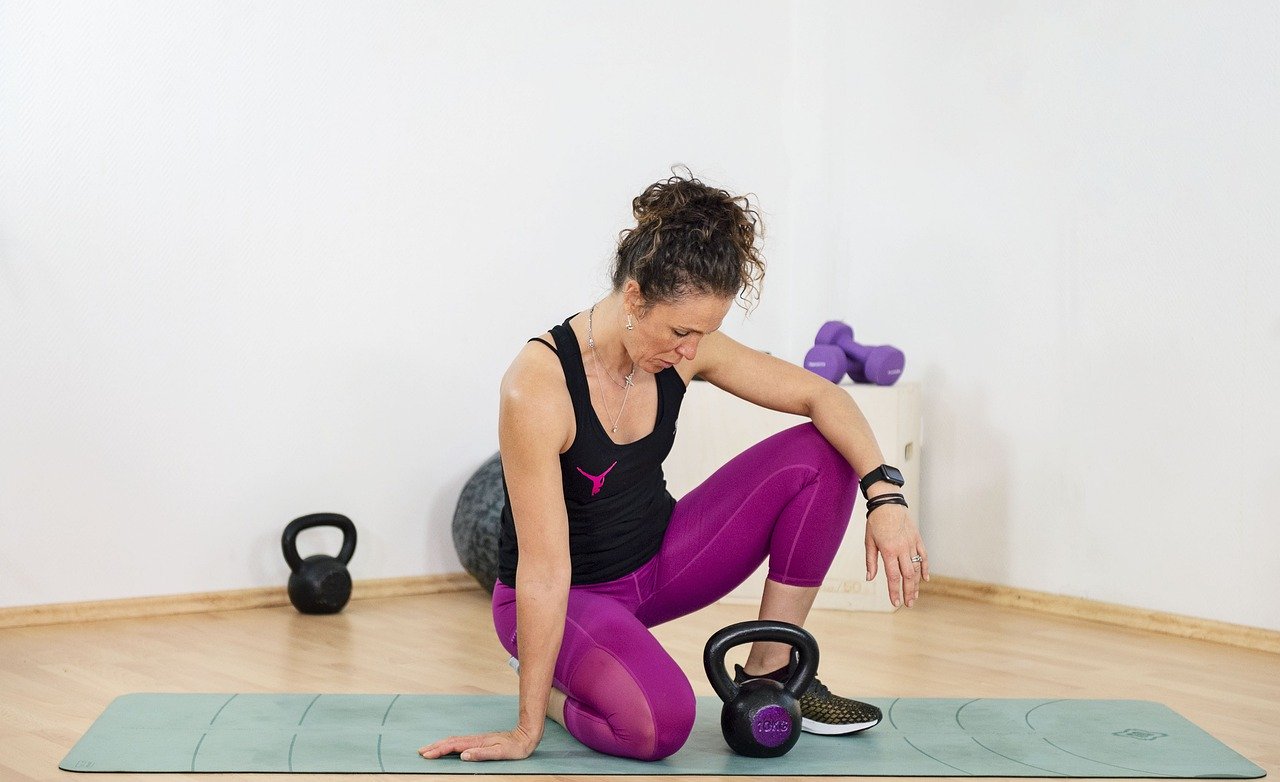Do’s And Don’ts Of Social Distancing
Social distancing: These two words that have taken center stage since the outbreak of the COVID-19 pandemic. It has transformed the way we interact with our friends, family, neighbors, coworkers, and even strangers. The term social distancing refers to a conscious effort undertaken to minimize close contact between people with the hope of preventing rapid transmission of the novel coronavirus.
With the lockdown in place in several countries, many of us are now working from home, have kids who are not going to school or playdates and are avoiding social gatherings. These closures are all attempts made to ensure people are practicing social distancing. While these interventions taken in the interest of public health may seem overwhelming, there are a couple of guiding principles that can help you figure out what you can and cannot do during this period.
The Do’s of Social Distancing
Going by the definition provided by The Centers for Disease Control and Prevention, social distancing is defined as“remaining out of congregate settings, avoiding mass gatherings and maintaining a distance of approximately 2 meters or 6 feet from others when possible.” In light of this statement here are some of the things one is allowed to do while socially distancing themselves from others.
- Stay home
This is the most effective and easiest way to practice social distancing. Apart from going out to buy groceries, exercising outdoors, buying medicines, or visiting a doctor, remain at home. If your company does not provide work from home facility, it is important to practice social distancing even at your workplace.
Step out only if necessary. Ask yourself if you could delay or postpone the work or get it done in some other way. While buying groceries or essentials commodities maintain a distance from other shoppers. Whenever possible go out shopping only at non-peak hours. Wear a mask while stepping out and wash your hands thoroughly with soap and water for at least 20 seconds once back.
- Go digital
Technology has brought the world at our fingertips. You can work, shop, be entertained, and keep in touch with people without stepping out of your house. Therefore make the most of it while you perfect the art of social distancing.
Choose to order your medications and groceries online and have them delivered at your doorstep. Students can make use of the various e-learning portals to stay up to date with their course requirements. Employees can carry on with their work responsibilities from the comfort of their homes. People can stay in touch with family and friends through video calls, chats, phone calls, social media, and emails. Make it a point to bond with at least one person every day.
- Exercise regularly
COVID-19 is not airborne. Therefore you can continue to exercise outdoors, go for a walk, run or ride your bike. However, do not forget about social distancing while doing so. Ensure to leave a gap of 2 meters at all times. Be aware of your surroundings and do not bump into someone. Outdoor activities will not only boost your physical health but also help keep your mental health in check.
If you do not wish to exercise outdoors, sign up for an online fitness session. You can choose from a variety of classes and trainers. With no vaccine in place yet, working on our bodies and keeping it fit will increase our chances of surviving the COVID-19 outbreak.
- Eat healthily
Building our immune system is absolutely necessary now than ever before. Therefore ditch the processed food and prepare healthy meals. Try to include plenty of fruits and vegetables in your diet. You can also opt for canned food items, although check the labels and choose the ones with low sodium or no added salt mentioned on it.
Include protein in your diet by consuming lean meat like fish and chicken, eggs, milk, and various pulses. Whole grains are a healthier alternative than processed grains. Food items that contain probiotics such as yogurt are also good for boosting your immune system.
The Don’ts of Social Distancing
In order to flatten the curve, social distancing has become our new normal. As a result, there are restrictions placed on certain activities. Here are some of the things that must be avoided under the current circumstances.
- Avoid gatherings
Visiting a friend’s house, restaurant, shop, and other places where there is a possibility of a large gathering must be avoided. This advice is for people of all ages, including older kids and teenagers. Playdates and sleepovers are not a good idea considering the present scenario and the fact that children can be asymptomatic carriers of the coronavirus. Additionally, you cannot be certain if others are following social distancing as strictly as you are.
Also, avoid visiting elders as they are at a higher risk of getting infected. Restrict house visits and allow only housemates or immediate family members to come home.
- Avoid visiting a hospital
As there is a real risk of getting exposed to the virus, it is in your best interest to avoid making unnecessary trips to the hospital. Furthermore, at a time when our healthcare workers are relentlessly working on the frontline, it is highly advised to cancel any non-essential appointments. Also, postpone any elective procedures such as hair and skin treatments, dental checkups, etc.
Make use of telehealth services instead of an in-person visit to the doctor. However not all medical conditions can be treated virtually. Therefore if you experience chest pain, difficulty in breathing, or any other discomfort, do reach out to a healthcare professional immediately.
- Avoid going on vacation mode
Keeping a regular schedule is vital during such stressful times. Binge-watching and sleeping for long hours can make you sick. Although it is not possible to have your old life while practicing social distancing, creating a routine, and finding ways to build a sense of normalcy can make the situation more bearable.
Get up around the same time that you normally do and find creative ways of engaging yourself at home. Try picking up new activities like a yoga-plank challenge, a virtual family dance party, or learning to play a musical instrument. Utilize this time to uncover hidden talents that will remain with you even after the COVID-19 crisis.
- Avoid hoarding food and essential supplies
There is no need to go on an overdrive and stock 100 rolls of toilet paper or empty an entire shelf of food in a grocery store. The essential items will continue to be available and grocery shops will not close even in the worst-hit areas. Remember that by buying only what you need you can make sure that there are enough essentials for other people in your community.
Do not resort to panic buying after falling trap to fake news. Instead, pay attention to the information provided by only a few trusted sources.
Conclusion
Social distancing is undoubtedly the need of the hour as it is widely established that the virus spreads through respiratory droplets that can transmit to others when the infected person coughs or sneezes. As a responsible and socially conscious citizen, practice social distancing as the new way of life. We owe it to our fellow compatriots, particularly those who are old, sick, and immunocompromised. Accept social distancing as a message of hope for a better tomorrow and not a restriction.








